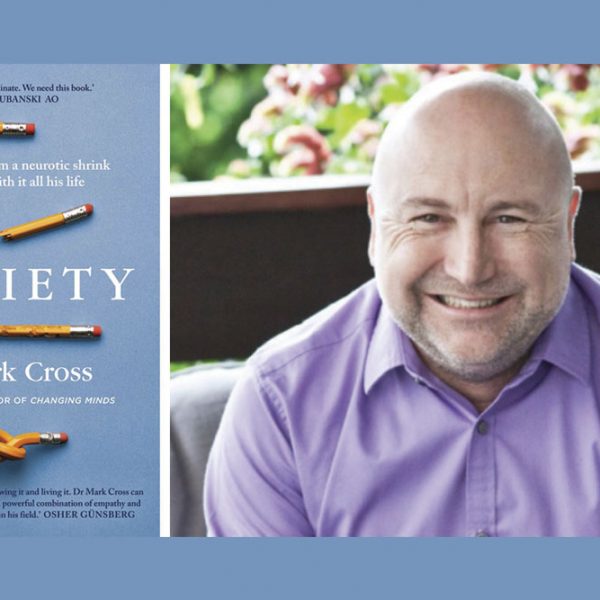8. Personal Power and Why It Is Essential
Debrief activity and questions
1. Please begin by sharing with each other or writing down (if you are on your own), a few of the messages from the video that stayed with you. What ideas stuck? Which ideas made more sense for you, or somehow struck a chord?
2. You will recall from the video that the essence of Personal Power is the ability to consistently and sustainably create High Power feelings, independent of your environment. When we create these High Power feelings, we then bypass the trap of using the power of our roles to feel better. Whenever we use the power invested in our roles to feel better, power is misused and others get hurt. We behave at the unhelpful end of the each of the 7 DPI scales.
Take a moment to consider your average day at work. Reflect on your various interactions and time on your own. What were the predominant feelings that persisted throughout? Consider which of your feelings were Low Power feelings, and which were High Power feelings (see below).
For your reference, Low Power feelings include anxiety, frustration, overwhelm, resentment, guilt, apprehension, and nervousness. High Power feelings include spaciousness, appreciation, curiosity, confidence, clarity and anticipation.
3. Let’s now take this a little further. Look a little closer at the times when you had Low Power feelings. Choose one or two moments when those feelings were predominant. At those times, what behaviours did you demonstrate?
Jot down what you did or said.
Did you notice how those behaviours were most likely aimed at directly expressing your negative emotions, preventing something bad happening, or reacting to an urgency of some kind? In other words, these behaviours are usually not highly effective, and they often create unwanted side effects.
Jot down the potential unwanted effects of your behaviour at those moments.
4. Personal Power is comprised of three parts. Capable self, Aware Self and Purposeful Self. The questions above help build your Aware Self. Now, let’s build your Capable Self. To do so, please think of a time when you demonstrated power in one of the following ways. When did you contribute your unique experience to a problem, or bring a particular expertise you have, or use your skills in relationship to help others work better together, or share your deep knowledge so that others gained insight? Take a moment to identify a time when you used your power in any of those ways. Jot down a few bullet points about how you used any of those powers. Appreciate that power, and how it helped.
5. Finally, let consider your Purposeful Self. To do this, please reflect on your working life and ask yourself this important question, “What is truly most important to me about my work? What values do I wish to define how I do my work?”


